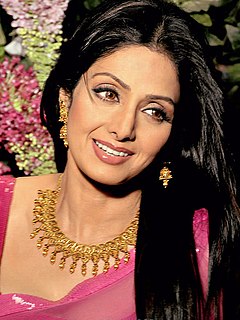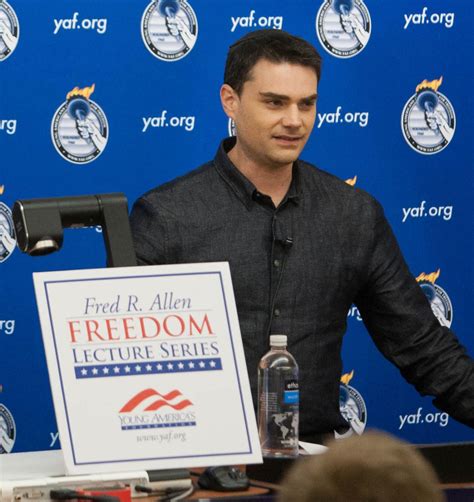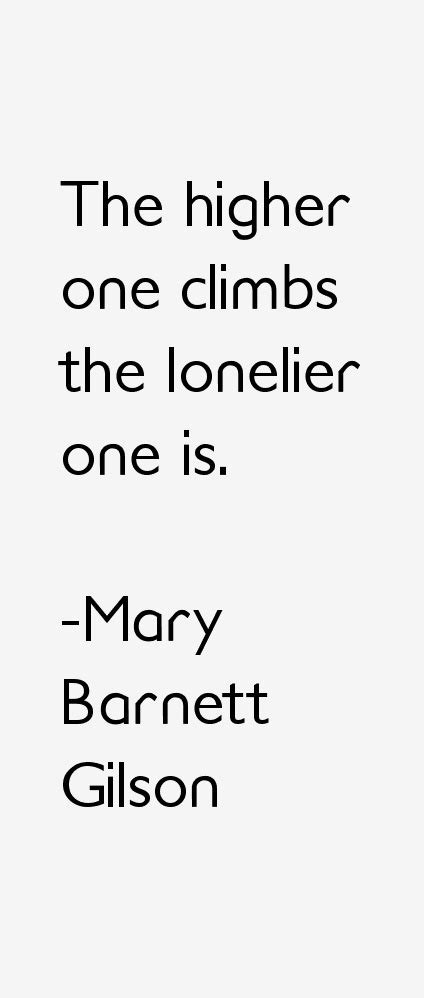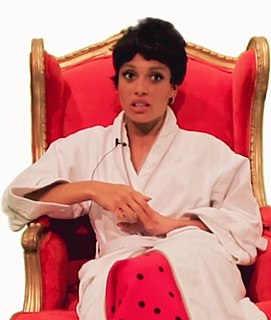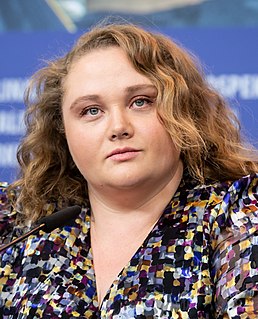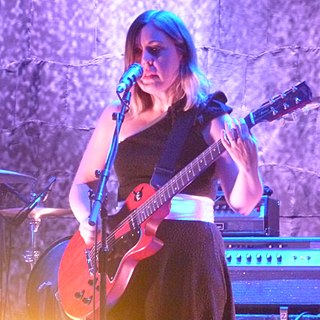A Quote by Sridevi
It is very important for an artiste to be excited about her work in every phase of her career. If a tiredness seeps into one's attitude, it will show in the quality of one's work.
Related Quotes
From the first time he'd met her, he'd sensed an air of contradiction about her. She was very much a woman, but still retained a waiflike quality. She could be brash, and at times deliberately suggestive, yet she was painfully shy. She was incredibly easy to get along with, yet she had few friends. She was a talented artist in her own right, but so self-conscious about her work that she rarely completed a piece and preferred to work with other people's art and ideas.
One demonstrable effect this type of work can have is in its viral promulgation. Take Kathy Acker for example: her work exists mainly through academic channels. Students are exposed to her novels, and some read her, then, on their own, but some also go to grad school: teach her, write about her, keep her going.
Our philosophy about activity and our attitude about hard work will affect the quality of our lives. What we decide about the rightful ratio of labor to rest will establish a certain work ethic. That work ethic - our attitude about the amount of labor we are willing to commit to future fortune - will determine how substantial or how meager that fortune turns out to be.
You know, you kinda think you're gonna have to work for twenty years before you get to work with Meryl Streep. So getting to work with her... I almost feel like I didn't pay enough dues, it was pretty incredible. I always thought I'd work with her, I just didn't think it would happen at this point in my career.
I've come to this belief that, if you show me a woman who can sit with a man in real vulnerability, in deep fear, and be with him in it, I will show you a woman who, A, has done her work and, B, does not derive her power from that man. And if you show me a man who can sit with a woman in deep struggle and vulnerability and not try to fix it, but just hear her and be with her and hold space for it, I'll show you a guy who's done his work and a man who doesn't derive his power from controlling and fixing everything.
One of my aunties inspires me beause of how easily she shows her emotions, and she isn't ever afraid to cry. My mum, for her work ethic - she might not show her emotions in public very much, but she's a total power woman. My grandma, who watched four of her children die before her, she's a powerhouse.
When you find out you're working with someone like Jennifer Aniston, you're like, 'Whoa, what is my life right now? ' It kind of doesn't really seem real. I grew up watching 'Friends' and all her movies, and I was so excited to work with her. And then, I met her, and I was like, 'Oh. You're, like, a very relatable human being.'
